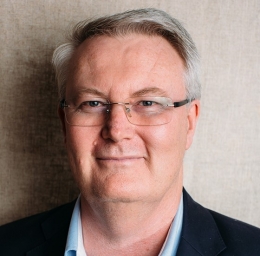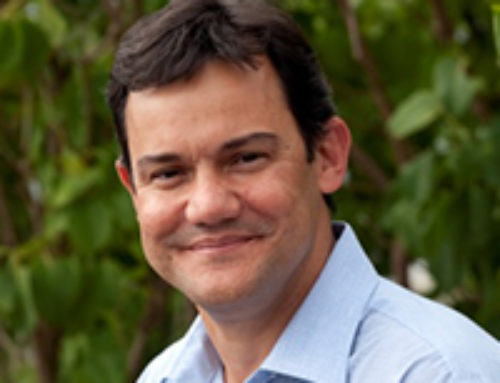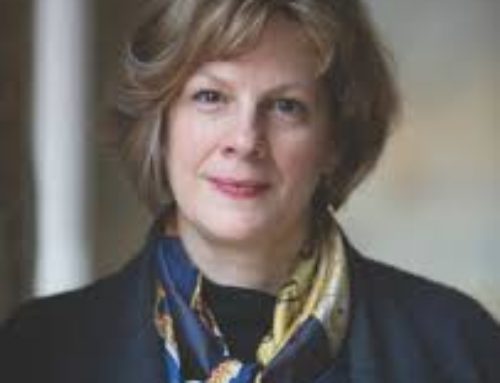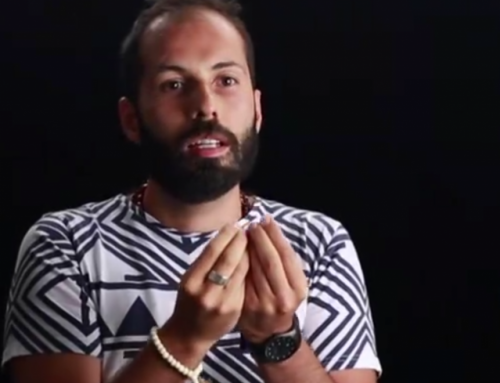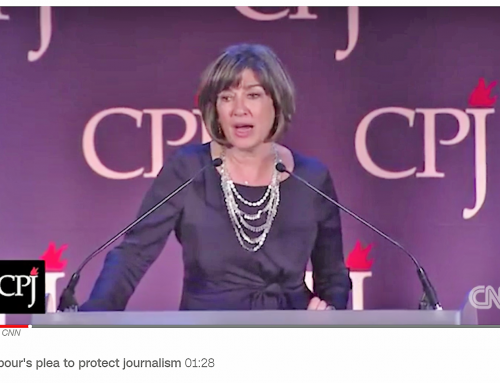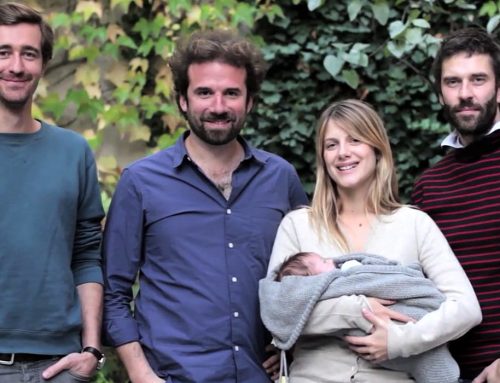“The biggest issue that society will face in the next decade and longer is the lost of trust and legitimacy in many social institutions”. This was the first statement Simon Longstaff made when I interviewed him about the future challenges we will face in the next decade (see here).
Simon’s envisions a future where ethics – a tool to help us acting for the life and future we want – should be accessible by individuals and organizations every day, in contact with trained professionals in this field.
Ethi-call – a free helpline to discuss personal dilemmas, Festival of Dangerous Ideas, ethics for soldiers, ethics of gender identity, ethical pledges to politicians and business executives, ethics behind gene editing, ethics in Volkswagen’s decisions,… and so on. This is the universe of topics faced by Simon and his network.
Based in Australia, Simon is the founder of “The Ethics Centre”. It was 1989. Australia was watching a sharp decline in the ethical standards, caused by politicians, business leaders and other opinion makers (… sounds familiar?). Additionally, the rate and depth of change being driven by new technologies, new patterns of engagement, changes in society, etc. was given rise to new ethical issues. The founders of the centre recognized that people were in need of professional support – either when faced by ethical complexity or when responding to the consequences of ethical failure.
The centre was created to tackle that need and to prepare Australian society for present and future challenges. The Ethics Centre’s scope and way of operating is unique. Other centers tend to specialize in one or two areas of ethics (e.g. Business ethics, bio ethics, medical ethics, military ethics, etc.). The Ethics Centre addresses all issues. As Simon says: “The great advantage of this is that we are able to recognize patterns and draw on lessors from across the spectrum of human experience – both in Australia and abroad.”
The Ethics Centre operates the world’s only free, national helpline for people seeking support in addressing ethical issues – both arising at work and in their personal lives. They have contact with people from across Australian society – farmers, police officers, doctors, lawyers, journalists and politicians (to name a small cross-section of people who use the service). The plan is to expand the reach of the service in 2016 – making it available to a wider range of users.
I met Simon for the first time more than 10 years ago during one of many multistakeholders’ forums I have participated, as GRI stakeholder council member. He was always calm, observing discussions carefully, a bit shy. But it was only in 2012 that we had the chance to work closer. He was a GRI Board Member and I was leading G4 Sustainability Reporting Guidelines development. Our task was to get very strong representatives of different groups to collaborate.
Because of Simon, I have discovered an unknown fascinating and challenging universe of topics and projects, coming from, for me, an unexpected area: ethics!
Recently, I have asked Simon how he sees the work of this type of center in the future.
“The work of an ethics centre is only going to increase. We have already seen – as in the case of Volkswagen- what happens when technical mastery is diverted from ethical restraint. Additionally, the growth of new technologies – such as gene editing, artificial intelligence, etc.- is continuing to present profound challenges to individuals and society. Philosophers have a vital role to play in helping people to work through the issues that we face – and the implications of the choices we might make for the world in which we live and that we have a hand in shaping.”
If you thought that ethics is a subject for academics…think again! You can start changing your mind by checking these links about Simon, the centre and its activities.
And if you get inspired or have new ideas, let me know!
by Nelmara Arbex

